Family and friends of a Calgary mother and her five-year old daughter broke down in court Monday afternoon in the double-murder trial of Edward Downey.

The prosecution went through graphic details of the case in its closing argument.
“He killed Sara Baillie because he hated her,” Crown prosecutor Carla MacPhail told jurors of Downey, adding, “he murdered Taliyah because she was a witness.”
Follow Nancy Hixt on Twitter for the latest developments in court
Downey, 48, has pleaded not guilty to two counts of first-degree murder in the deaths of Sara Baillie and her five-year-old daughter Taliyah Marsman.
Baillie was found inside her northwest Calgary basement suite on July 11, 2016. Taliyah’s body was found three days later, outside city limits, following an Alberta-wide Amber Alert.
MacPhail told jurors they should find Downey guilty of two counts of first-degree murder.
She told them both of the killings were planned and deliberate, and both were unlawfully confined and dominated before they were murdered.
“It is overwhelming,” MacPhail said of the evidence against Downey, and called his explanation of the events of July 11, 2016, “absurd.”
Story continues below photo gallery
Downey previously testified he went to Baillie’s house to get cocaine from an old drug-dealing associate named “Terrance”–but denied he had anything to do with the two murders.
He also told court Terrance was in a room arguing with Baillie, and at one point yelled out for some tape.
Downey said he “ripped off a piece of tape,” passed it to him, then when Terrance asked for the roll, Downey said he gave it to him.
“I suggest this evidence is patently unbelievable,” MacPhail told jurors. “It simply makes no sense.”
The Crown said the best evidence in its case is from a Calgary police crime analyst.
Jurors were again shown the map searchers used to find Taliyah’s body east of Calgary on Monday.
“The police found Taliyah’s body using Mr. Downey’s cellular tower usage—this is not coincidence,” MacPhail said. “You can rely on that cell tower evidence.”
Downey had said he was in that area to look for his drug dealing friend’s “stash spots” for cocaine.
“It is a lie, you should reject his evidence,” MacPhail said. “There was no Terrance, there was no unknown male; there was only Mr. Downey.”
The Crown’s theory during the trial has been that Downey had “pure hatred” towards Baillie, that he blamed her for rendering his girlfriend “square” or not willing to work as a prostitute; defence laywer Gavin Wolch told jurors “escorting is irrelevant,” adding Downey didn’t hate Baillie or blame her for his relationship problems.
The Crown suggested Downey showed up at Baillie’s home July 11, 2016 unexpected and unwelcome.
“You know from those fingerprints that he wrapped the duct tape around Sara’s face,” MacPhail said.
The Crown told jurors Downey could not be excluded from DNA found under Baillie’s fingernail on the laundry hamper Baillie was found inside.
Meanwhile, defence told jurors the DNA evidence on the duct tape supports three men being present.
- 2 teens charged with murder in case of 16-year-old killed outside Halifax mall
- Green Party deputy leader given jail sentence for Fairy Creek old growth protests
- Cars torched, explosions heard in suspected arson in Montreal neighbourhood
- Gas station clerk stabbed several times during violent attack at Ultramar in Montreal
“We also know he touched the tape–he said so,” Wolch added, suggesting “identification is very weak.”
The Crown said the section of tape defence is referring to didn’t have a sample suitable for analysis, adding that section was from the very end of the duct tape.
MacPhail also pointed to evidence from an older couple who lived nearby Baillie, who said they saw a man taking a little girl who had been crying from one car to another.
Earlier Monday, Wolch told jurors there were “still more questions than answers that should leave you with reasonable doubt.”
The jury is made up of five men and seven women. The trial had been scheduled for three weeks, but has now entered a fourth week.
Jurors will receive final instructions from Justice Beth Hughes on Wednesday, then begin deliberations.

_848x480_1400544835963.jpg?w=1040&quality=70&strip=all)

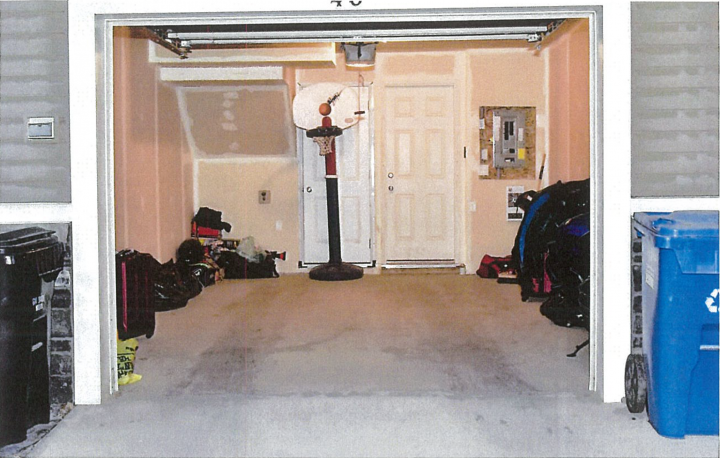

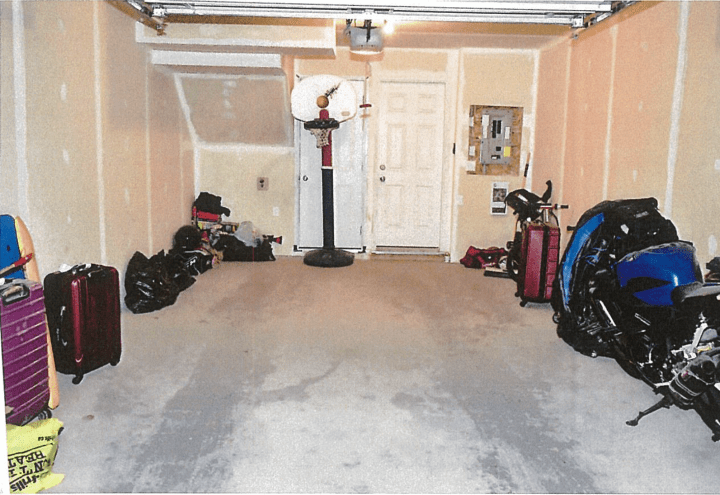

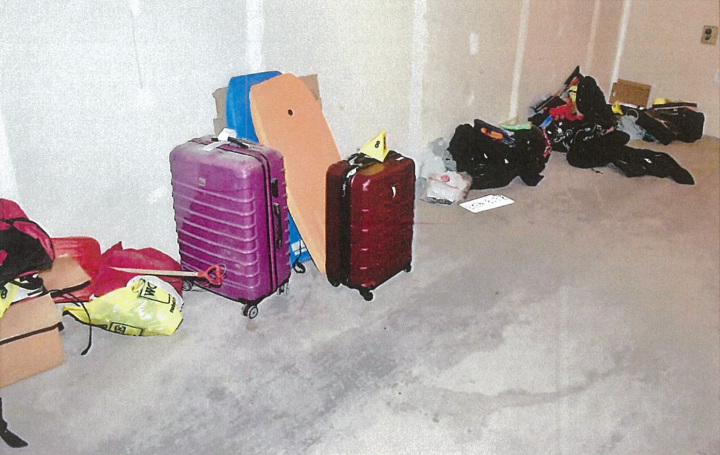

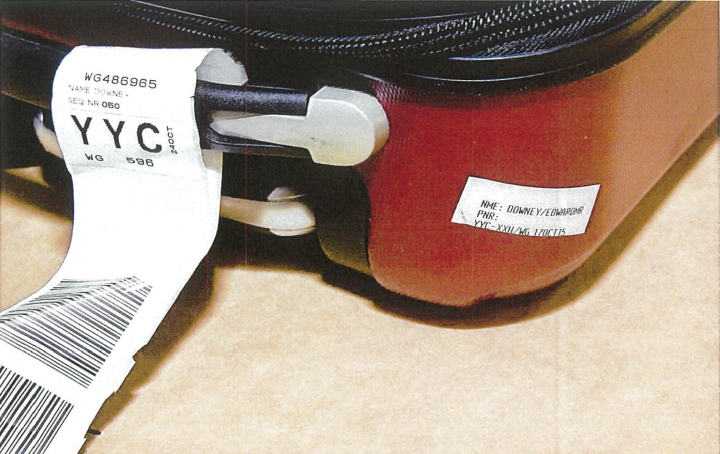



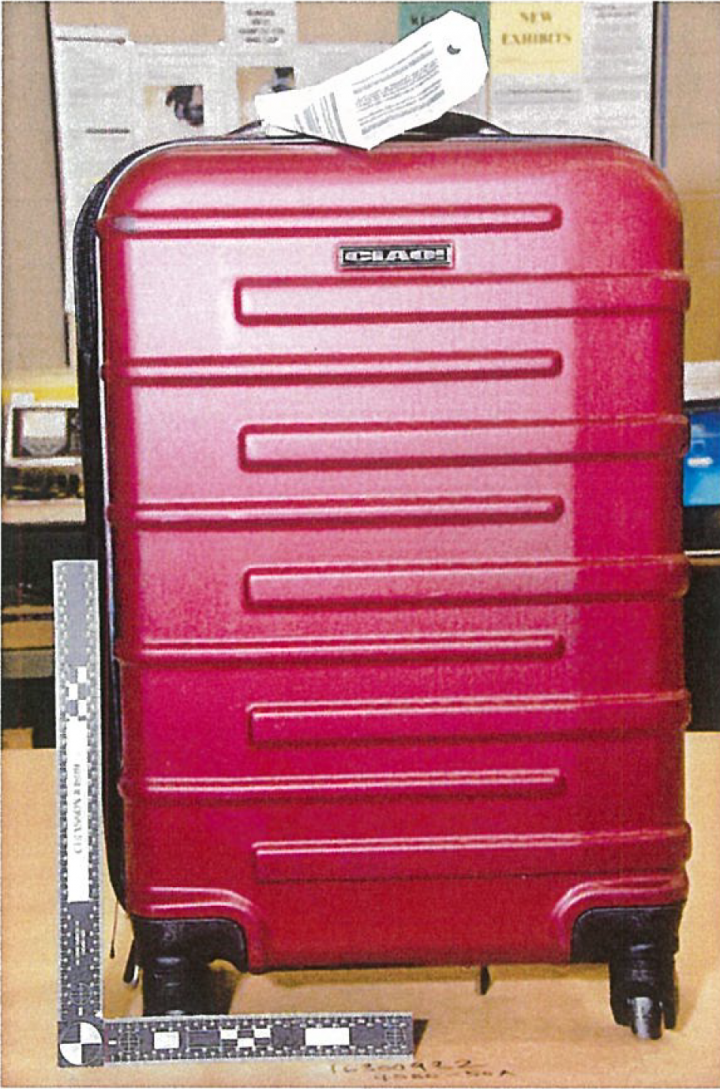

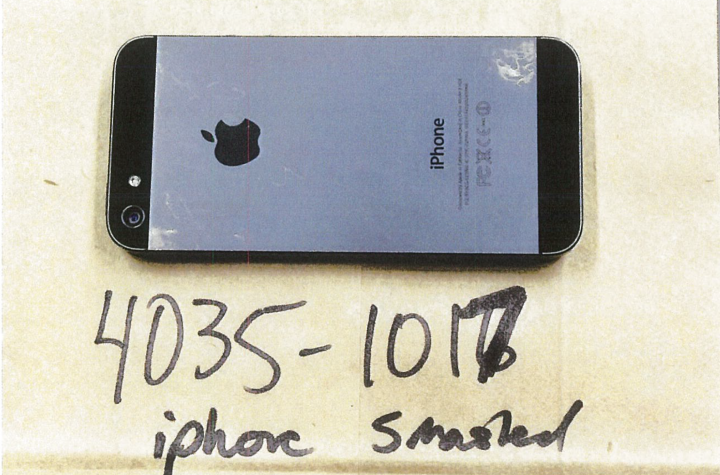

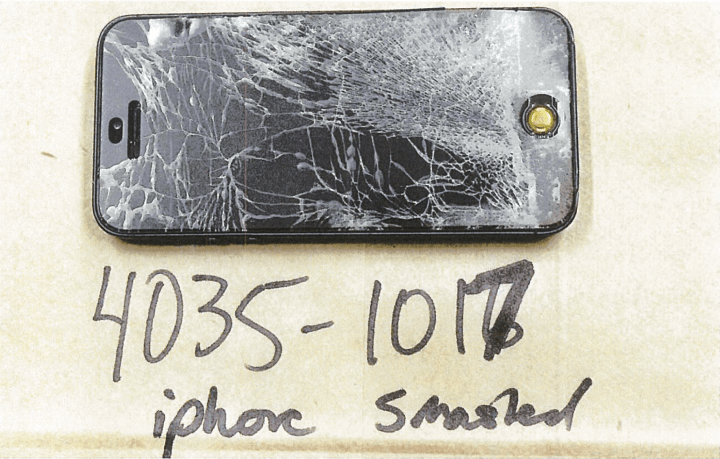

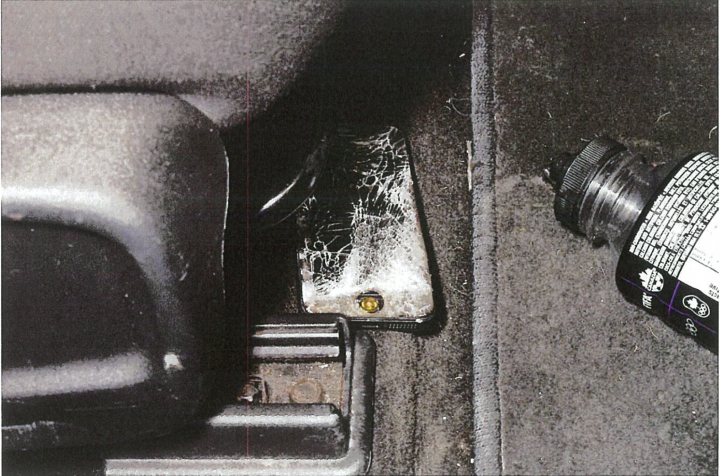

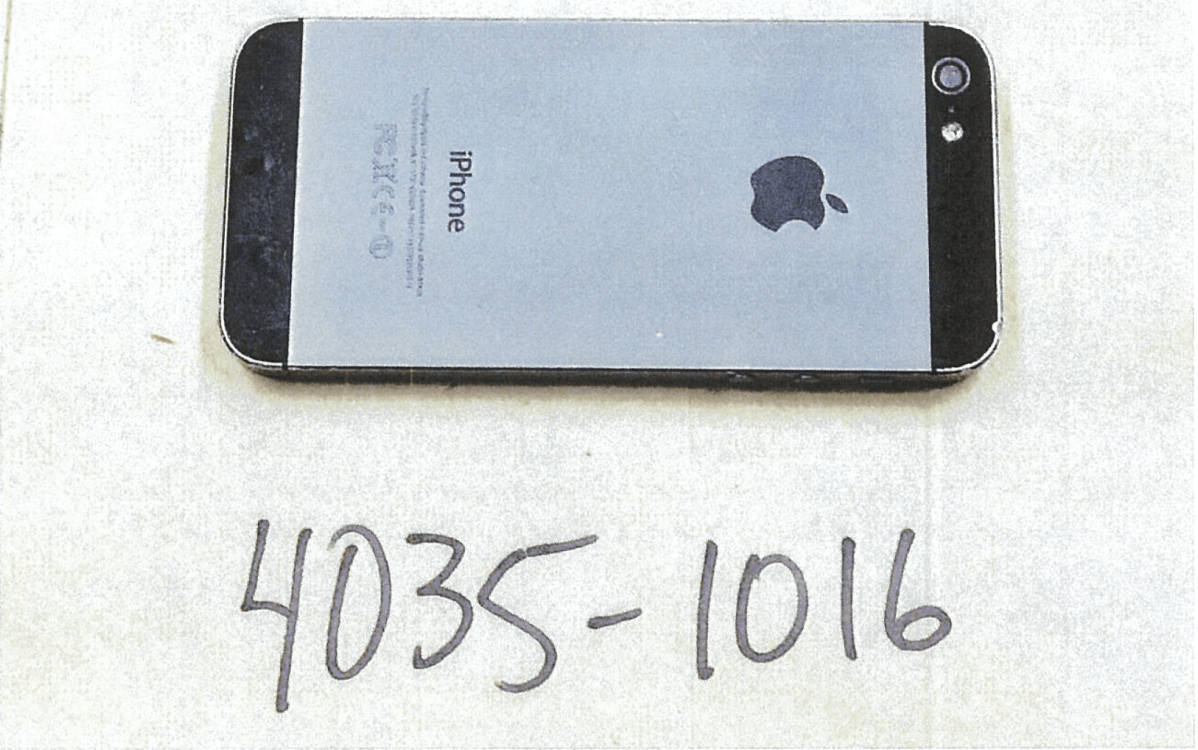

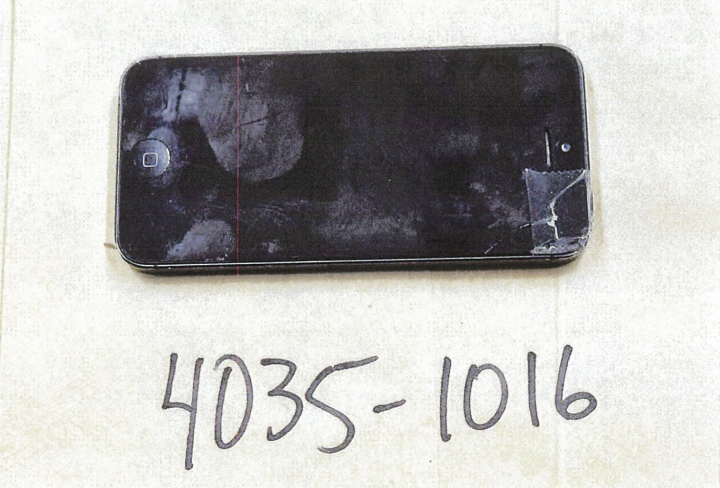

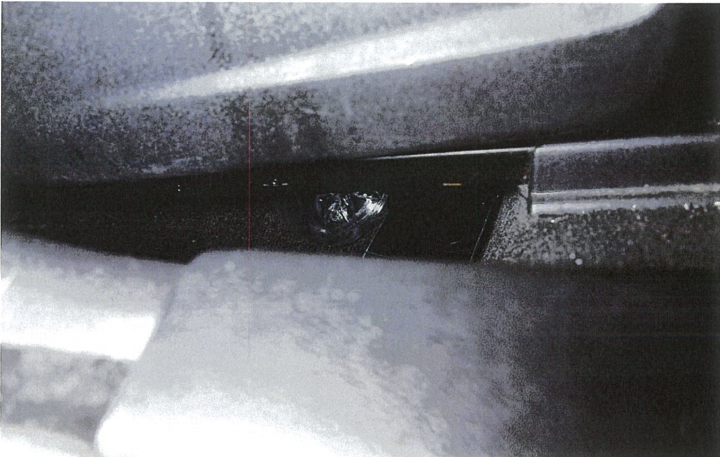
_848x480_1396189763626.jpg?h=360&w=540&crop=1&quality=70&strip=all)
Comments